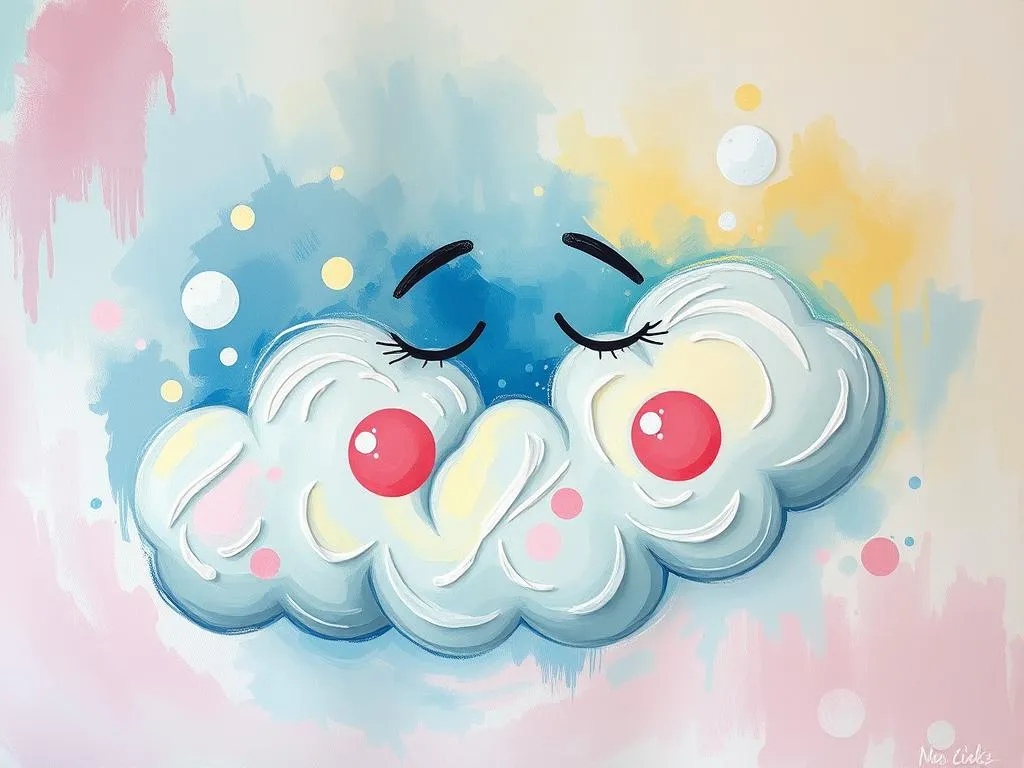
Have you ever woken up from a dream and wondered what it all meant? Dreams can often feel like a tangled web of emotions, experiences, and symbols, leaving us with more questions than answers. They can reflect our innermost fears, desires, and even the mundane details of our daily lives. As a knowledgeable friend might advise, understanding the symbolism in your dreams is not just an exercise in curiosity; it can lead to profound insights about ourselves and our journeys.
In this article, we’ll unpack the symbolism of dreams, explore some common dream scenarios, and discuss how these interpretations can foster personal growth. Whether you’re a seasoned dreamer or just starting to pay attention to your nighttime adventures, this guide is designed to illuminate your path through the enigmatic world of dreams.
The Language of Dreams: Decoding Symbols
Dreams are a language of their own, filled with symbols that speak to us in ways our waking minds often overlook. Each symbol can hold different meanings depending on personal experiences and cultural backgrounds. One of the most fascinating aspects of dream interpretation is its multifaceted nature—the same symbol can represent various concepts across different cultures and psychological frameworks.
Water, for instance, is a universal symbol found in many dreams. In some cultures, water represents the subconscious mind, emotions, and the flow of life. In psychology, particularly in Jungian theory, water can symbolize the depths of the unconscious, where repressed emotions and unresolved issues reside. However, if you dream of clear, calm water, it might signify peace and clarity, while turbulent waters could indicate emotional turmoil or uncertainty.
Another powerful symbol is flight. Dreaming of flying can evoke feelings of freedom, escape, or even elevated perspectives. Psychologically, it might suggest a desire to rise above your current circumstances or to break free from constraints. Culturally, some traditions interpret flying dreams as a connection to the spiritual realm, representing transcendence or enlightenment.
Houses often appear in dreams, serving as a metaphor for the self. Each room may represent different aspects of your personality or life experiences. For example, a dark, cluttered room might symbolize feelings of confusion or distress, while a bright, open space could indicate clarity and hope.
Let’s not forget about animals in dreams. An animal appearing in your dream can embody qualities associated with that creature. For instance, dreaming of a lion might represent courage and strength, while a snake could symbolize transformation or hidden fears. The specific context and your feelings toward the animal are crucial for interpretation.
As you begin to recognize and reflect on these symbols, consider keeping a dream journal. Writing down your dreams can help you identify recurring themes or symbols, allowing for deeper personal insight over time.
The Dreamscape: Scenarios that Speak Volumes
To better illustrate how dreams can convey significant messages, let’s delve into some common dream scenarios and their potential meanings. Each scenario can resonate differently based on individual experiences, but here are a few to ponder:
The Exam You Didn’t Study For
Imagine finding yourself in a classroom, seated at a desk, staring at a paper filled with questions you don’t understand. This dream often signifies feelings of inadequacy or anxiety about performance. Psychologically, it can reflect fears of judgment or failure, especially if you’re facing a new challenge in your waking life. It might be a signal to confront your fears and prepare for upcoming challenges with confidence.
Losing Your Voice
In this dream, you might find yourself in a situation where you’re trying to speak, but no sound comes out. This can embody feelings of powerlessness or a fear of not being heard or understood. It might indicate that there are important thoughts or feelings you’ve been suppressing. Take this as an opportunity to explore your communication style and consider how you can express yourself more effectively in daily life.
Being Chased
Running from an unknown pursuer can evoke fear and anxiety. This dream often signifies avoidance—whether it’s running from responsibilities, emotions, or certain situations in your life. It can be a prompt to confront whatever it is you’re avoiding. Reflect on what you might be running from, and consider taking small steps toward facing it.
The Unexpected Flood
Experiencing a flood in your dream can evoke strong emotions. This scenario often represents overwhelming feelings or situations in your waking life. It may serve as a warning that certain emotions are threatening to overflow and take control. Reflect on what aspects of your life may feel out of control and think about strategies for coping with these emotions.
The Lost Child
Finding yourself searching for a lost child can evoke feelings of panic and urgency. This dream often symbolizes a loss of innocence, creativity, or joy. It may reflect a longing for simpler times or a reminder to nurture your inner child. Consider ways to reconnect with your playful side and prioritize self-care to bring balance back into your life.
Each of these scenarios invites you to reflect on your feelings and experiences, helping you uncover deeper insights about your life journey.
Dreaming Forward: Growth Through Reflection
Understanding your dreams is not just about interpreting symbols or analyzing scenarios; it’s about harnessing those insights for personal growth. Dreams can serve as profound guides, urging you to confront your emotions, desires, and fears.
One key aspect of personal growth through dreams is self-awareness. By paying attention to your dreams, you can gain a better understanding of your subconscious mind. This awareness can lead to healthier coping mechanisms, improved relationships, and a more fulfilled life. For instance, if you notice a recurring theme of feeling unprepared in your dreams, it might be a sign to address areas in your life where you feel out of control or under-equipped.
Another important element is integration. Once you’ve gleaned insights from your dreams, it’s essential to integrate these lessons into your waking life. Perhaps you dream about a lost childhood—use this as a prompt to explore creative outlets that bring joy and playfulness back into your life. Take some time for hobbies you once loved or engage in activities that connect you to your inner child.
Finally, consider the power of action. Dreams can illuminate areas of your life that require change or attention, but it’s up to you to take the steps necessary to act on those insights. Whether it’s having a difficult conversation, pursuing a new passion, or simply allowing yourself to feel your emotions, taking action can lead to significant transformations.
In conclusion, your dreams are like a mirror reflecting your inner landscape. They offer valuable insights that can propel you toward growth, healing, and self-discovery. As you navigate this journey, remember to embrace the questions and uncertainties. Each dream is a stepping stone toward a deeper understanding of yourself.
Let your dreams be the guiding stars on your journey of self-exploration and personal development. Reflect on your dreams, listen to their messages, and take inspired action toward a more fulfilling life.







